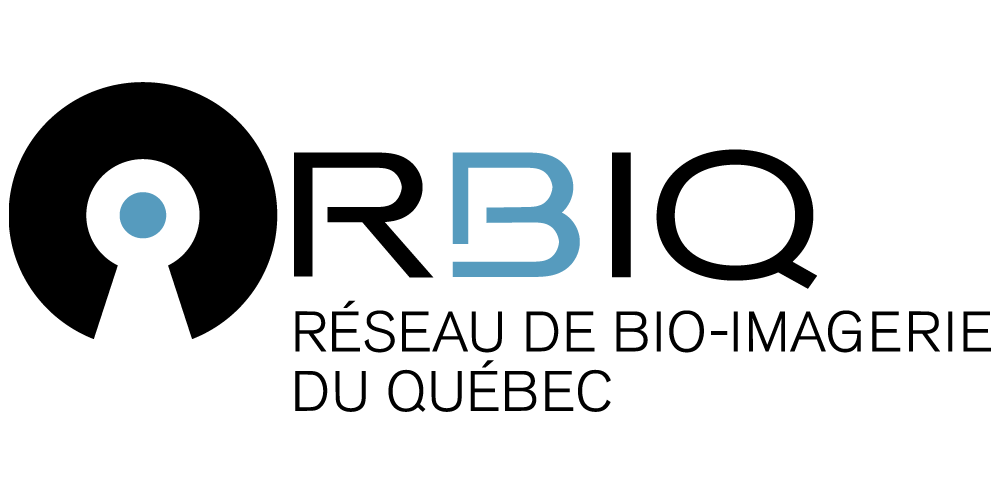Par Sivaniya Subramaniapillai / 2021-06-22
Cet article est en anglais
Early one January morning, I hurried out of bed and dashed to the front curb, worried that I would be late to take out my garbage and recycling in time for the collectors. Still in my pajamas with unbrushed teeth and hair, I hadn’t noticed a woman nearby rummaging through my neighbours’ recycling bags to collect bottles for consignment. She approached me to ask for any refundable bottles from my bag. Suppressing my discomfort at the idea of a stranger examining my waste, I opened my bag to allow her to investigate. She sparked a conversation about her distrust of the COVID-19 vaccine and warned me to avoid it at all costs. When I asked her why, she replied that the government had implanted a tracking device in the vaccine so that they could monitor us at all times. She told me that since we had never needed this vaccine before, it is suspicious for the government to insist on it now. I was so completely dumbfounded that I hardly knew how to respond.
Later that day I reflected on this encounter and regretted not further engaging with the woman. Could I, a scientist studying human psychology, have convinced her to change her views? I eventually concluded that no amount of research can outweigh the value of directly engaging with community members. Unlike an academic audience with shared presuppositions, community members have been exposed to unvetted information, some guised as authoritative knowledge despite lacking any recognized standard of credibility. This sometimes leads to trust being put in the wrong places, with sources that appeal to peoples’ fears and emotions outcompeting those that promote hard facts.

